Share
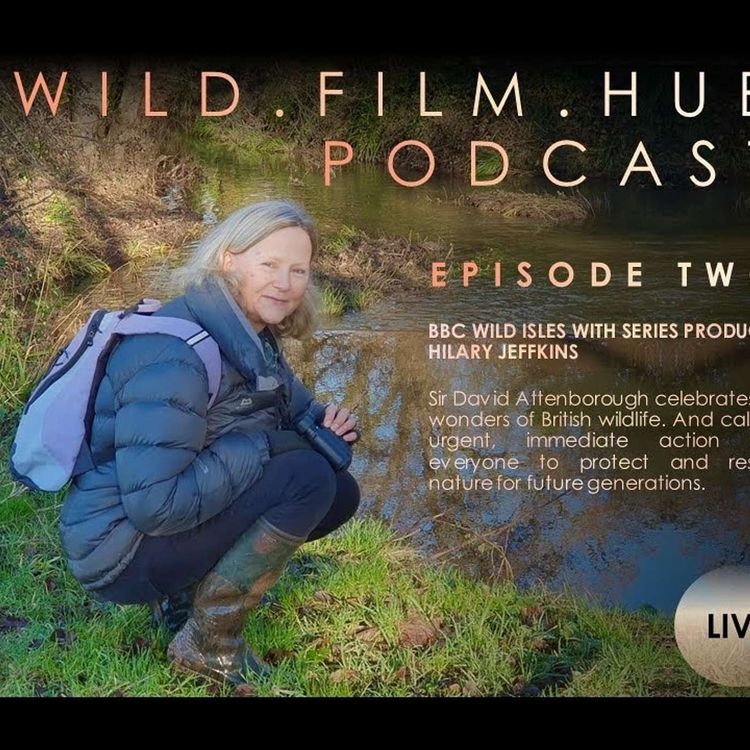
Wild Film Hub
BBC Wild Isles with Series Producer Hilary Jeffkins
Season 1, Ep. 2
•
BBC Wild Isles. Extraordinary. Dramatic. Beautiful. Sir David Attenborough celebrates the wonders of British wildlife. And it calls for urgent, immediate action from everyone to protect and restore nature for future generations. Series Producer Hilary Jeffkins discusses how the programme came about, her role, and what they aimed to achieve.
More episodes
View all episodes
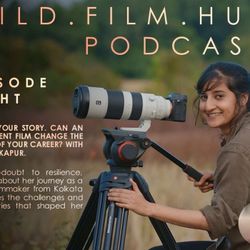
8. Find your Story. Can your independent film change the course of your career? With Ashwika Kapur
22:07||Season 1, Ep. 8From self-doubt to resilience, Ash talks about her journey as a Wildlife Filmmaker from Kolkata and shares the challenges and opportunities that shaped her career.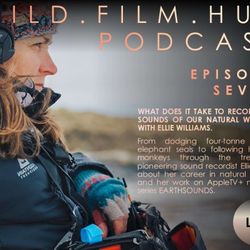
7. What does it take to record the sounds of our natural world? With Ellie Williams
27:29||Season 1, Ep. 7From dodging four-tonne male elephant seals in the Falklands to following howler monkeys through the treetops in the Amazon, pioneering sound recordist Ellie William talks about her career in Natural History documentaries. We discuss her favourite moments, hardest challenges, and work on AppleTV+'s latest series Earthsounds.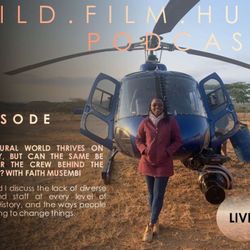
6. The natural world thrives on diversity, but can the same be said for the crew behind the camera ? With Faith Musembi.
18:27||Season 1, Ep. 6Back for a second chat with the wonderful Faith Musembi, we take a deep dive into the statistics around diversity, access, and inclusion in Natural History filmmaking. With a lack of diverse crew and staff at so many levels, we spotlight some of the ways people are hoping to change things.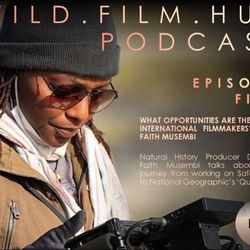
5. What opportunities are there for international wildlife filmmakers? With Faith Musembi.
30:39||Season 1, Ep. 5As we think about diversity, access, and inclusion, what opportunities is the Natural History filmmaking industry offering to filmmakers, crew, and talent from underrepresented nations? Especially those from countries where Natural History crews return endlessly to film. Producer Director Faith Musembi talks about her journey from Kenya to Bristol and back again, and the sliding doors moments pivotal to her career.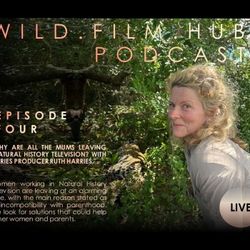
4. Why are all the mums leaving Natural History Television? With Series Producer Ruth Harries
28:41||Season 1, Ep. 4Women working in Natural History Television are leaving at an alarming rate, with the main reason stated as its incompatibility with parenthood. Both working mums, Ruth & I discuss our own experiences and delve into the facts, statistics, and issues facing parents, specifically mums in our industry. We talk about parental / maternity leave, flexible hours, and working part-time. Then look for more solutions that could help other women and parents.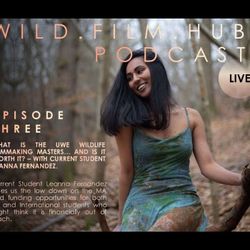
3. What is the UWE Wildlife Filmmaking Masters... And is it worth it? - With current MA student Leanna Fernandez
20:52||Season 1, Ep. 3Choosing to pursue a master's degree in Wildlife Filmmaking is a big undertaking both financially and in terms of time. Current Student and incredible photographer Leanna Fernandez gives us the low down on the course and the scholarships and funding opportunities available for both UK and International students who might think it is financially out of reach.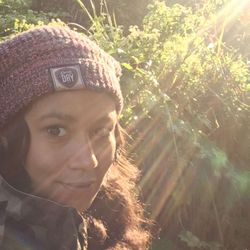
Wild Film Hub Trailer
00:56||Season 1, Ep. 0Listen to the first-hand experiences of a diverse raft of Natural History Filmmakers, from rising stars to seasoned professionals, from Runners to Executive Producers. This podcast looks at our industry, focusing on topics including; how to access entry-level roles, outreach and inclusion within our sector, how individuals can champion sustainable filmmaking, and of course featuring personal stories from on-location filming to behind-the-scenes production.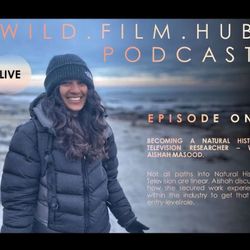
1. Becoming a Natural History Television Researcher - with Aishah Masood
23:34||Season 1, Ep. 1Not all paths into Natural History Television are linear. Researcher Aishah Masood discusses how she secured work experience within the industry and worked to get that first entry-level role.